If you hang out in nutrition and fitness circles like I do, you’ll come across all sorts of interesting recommendations.
Practically everyone has their own personal miracle drug or perfect natural supplement to make their workouts easier.
One of these I keep coming across is pickle juice.
People just can’t seem to get enough of the stuff. And if you follow their logic, you too should be drinking it before and after every workout.
But something about this whole pickle craze hasn’t seemed right to me all along.
Don’t get me wrong, I like the taste of pickles – but should you really drink the juice too?
Today we’re going to find out whether pickles and pickle juice are great for you, or if they’re part of yet another ridiculous trend.
What are Pickles and Pickle Juice?
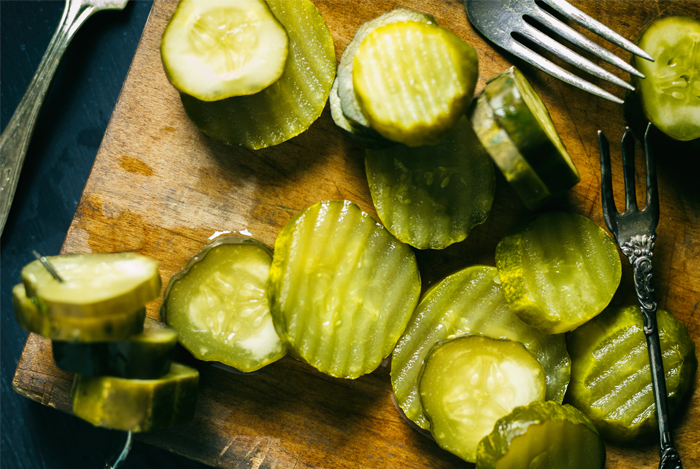
Your everyday pickle starts life as a raw cucumber, and then it’s submerged into a concoction of vinegar, salt, and spices, and is fermented. After its fermentation, it becomes a pickle – a vegetable with a different flavor and nutritional value than the original cucumber.
Pickling is an ancient method of food preservation. Before human beings could refrigerate or store foods long-term, pickling was the only way to preserve foods for future consumption.
Cucumbers are fermented by Lactobacillus bacteria, which normally cover the cucumber’s skin.
During commercial processing, these beneficial probiotic bacteria are usually removed once vinegar is added. The liquid remaining after the cucumber has changed into a pickle is its juice.
But when it comes to pickle juice, it’s not really a juice after all. Pickle juice should actually be called pickle brine. Brine is the salt solution meant to preserve food. Anything else added to brine is purely for flavor purposes.
Nutritional Value of Cucumbers and Pickles
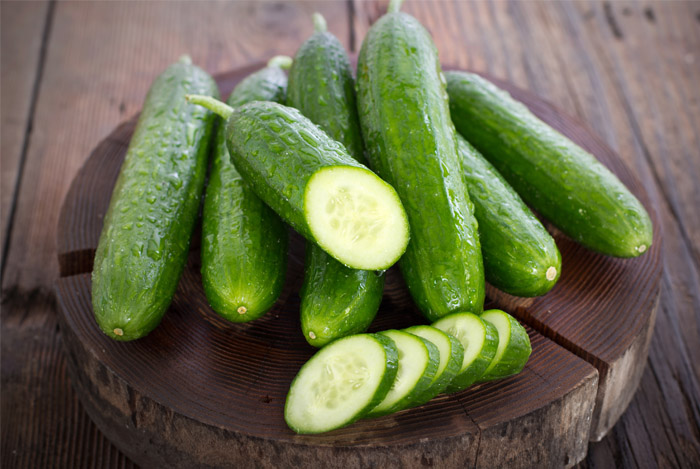
A lot of the claims about pickles and pickle juice revolve around the fact that they’re the byproduct of a vegetable – and vegetables are great for you, right?
Let’s take a look at the nutrient content of cucumbers before they become pickles. Your average, unpeeled cucumber contains:
- 45 calories
- 4 milligrams of vitamin C
- 21 micrograms of folic acid
- 1 milligram of sodium
- 76 milligrams of potassium
When foods are pickled, their nutrient values always change. This applies not only to cucumbers but to pickled tomatoes, cabbage, carrots, and any other pickled foods.
The changes in nutrient value depend on three things:
- The composition of the liquid that you use to soak the food
- The length of time the food soaks
- The presence or absence of fermentation during soaking
So, let’s compare. Here’s the nutritional breakdown of a serving of pickles:
- 17 calories
- 1 milligrams of vitamin C
- 4 micrograms of folic acid
- 1251 milligrams of sodium
- 132 milligrams of potassium
That’s right. The sodium content in pickles is an increase of 1250 milligrams from regular cucumbers. Your biggest positive increase here is in potassium – as a result of the sodium increase.
However, it’s important to note that there are some unique nutritional benefits in some brines as a result of fermentation because of the activity of microorganisms.
But, if you really want health benefits, go for the cucumber instead!
Pickle Juice: The Claims
Livestrong.com has an article laying out a key reason why you should be drinking pickle juice.
They say that athletes who experience muscle cramping during their workout sessions should drink pickle juice to replace their electrolytes and reduce cramping. This is based on the idea that vinegar sends signals to your nerves which disrupts the cramping caused during workout sessions.
You may immediately think: Why not just drink straight vinegar, then?
Livestrong says, “Straight vinegar doesn’t taste as pleasant as pickle juice.”
Well, there you have it.
Besides Livestrong, there are many other websites that list a variety of benefits, such as:
- Dehydration prevention
- Nutrient replacement when sweating
- Preventing cramps before a workout
- Alleviation of PMS cramps
- Stomach cramp relief
- Heartburn relief
- Fighting harmful stomach bacteria
- Hangover cure
- Keeping blood sugar in balance
- Acts as a healthy source of antioxidants
- Alleviating restless leg
- Sunburn soother
These are all based on the pretty simple notions that rehydrating yourself with a liquid that contains electrolytes is good for you.
And sure, that may be true – but why would we want to get that from pickle juice/brine specifically?
Would any other brine work just as well? Olive brine or pepper brine for instance? All of these have high levels of sodium and borrow nutrient content from the vegetables in them.
One of the main reasons for the popularity of pickle juice has to with dill. Dill is loved by herbal remedy groups – who I tend to view with healthy skepticism.
But let’s not decide one way or another just yet. Let’s look at the facts.
What Does Science Say About Pickles and Pickle Juice?
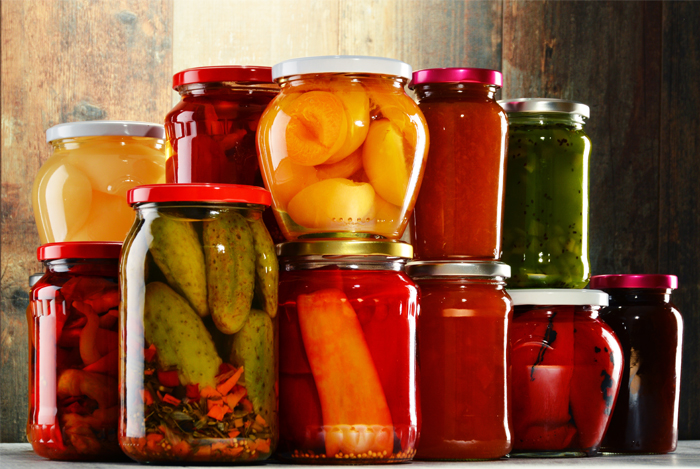
The real truth is that science has come nowhere close to proving most of these claims.
In fact, if you search PubMed –a website I use constantly to look up scientific studies, you’ll only find a mere 16 results.
The studies that have been performed are underwhelming at best. One study found that drinking pickle juice after exercise was not highly effective at replenishing electrolytes.
Another study found that pickle juice “does not relieve cramps via a metabolic mechanism.”
And yet another study suggested that actually swallowing pickle juice could relieve cramps – something that involves no metabolic processes whatsoever.
The rest of the studies seem to indicate pickle juice is nothing more than a weak water, carbohydrate, and electrolyte replenishing solution. There seem to be no fantastic health benefits here.
Unfortunately, a lot more research needs to be done to determine if pickles and pickle juice are truly effective for anything.
For right now, there’s nothing very conclusive to convince me to recommend you drink the stuff unless you happen to enjoy it.
What about Vinegar?
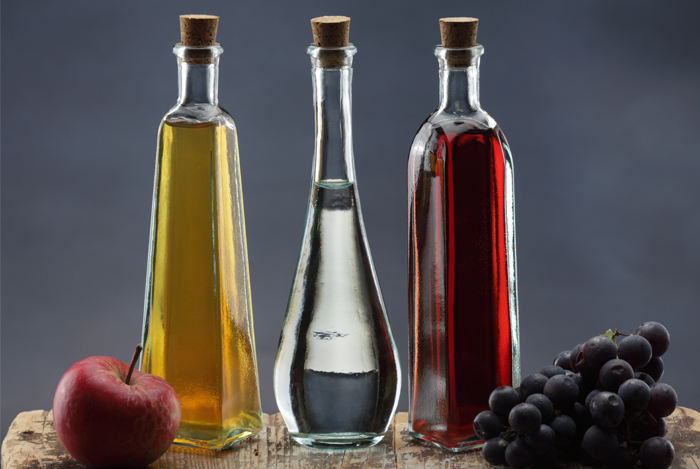
One thing pickle juice is absolutely full of is vinegar. And vinegar does have some serious health benefits.
- Vinegar can kill many types of pathogens, including bacteria. It has been shown to inhibit bacteria like E. coli from growing in foods.
- Vinegar improves insulin sensitivity during high-carb meals by 19 to 34 percent.
- Drinking vinegar before bedtime can reduce fasting blood sugars by 4 percent.
- Vinegar can increase feelings of fullness and make you eat between 200 and 275 fewer calories in a day.
- Rat studies have shown that vinegar can lower cholesterol and triglyceride levels.
- Some studies have shown that vinegar kills cancer cells and shrinks tumors.
Of course, just because vinegar has such positive health effects does not mean you should expect the same from pickles or pickle juice.
In fact, if you want to benefit from vinegar, you should just drink straight up unfiltered apple cider vinegar.
The Negative Health Effects of Pickles and Pickle Juice
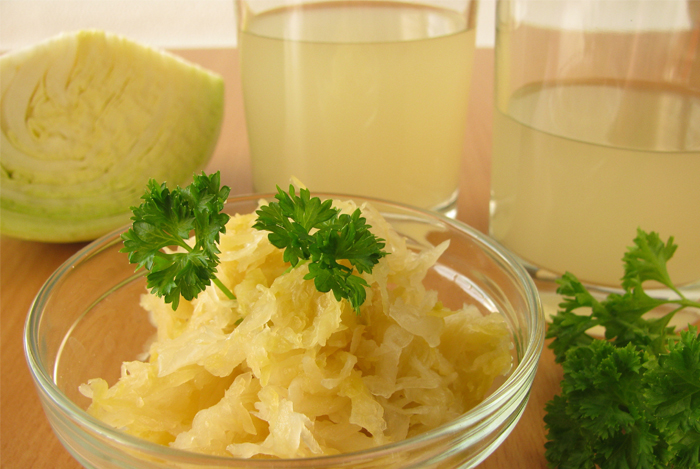
Aside from the lack of solid positive evidence for pickles and pickle juice, we should touch on what could go wrong as a result of consuming too much of them.
Because pickles are so high in sodium, you should avoid them if you have high blood pressure or other cardiovascular problems.
The Institute of Medicine’s Food and Nutrition Board recommends a healthy person should consume less than 2,300 milligrams of sodium per day.
Since a single serving of pickles contains well over a thousand milligrams of sodium, you’d have to severely limit your salt intake for the rest of the day after consuming them.
Consuming pickle brine can lead to additional health issues as well. Here are some factors you should consider before drinking it:
- Acidity: Because pickle juice is so acidic, it may cause problems for anyone with a history of gout.
- High sodium: Consuming high volumes of salt can lead to water retention, swelling, and bloating.
- Indigestion: Too much pickle juice can cause gas, stomach pain, and diarrhea.
- Cramping: Some doctors have warned that pickle juice may actually worsen electrolyte imbalances and cause further cramping – though this has not been supported fully by scientific research.
These negative health effects are not exactly staggering – they are simply what’s to be expected with salty, fermented foods. So, consume with care.
Final Thoughts
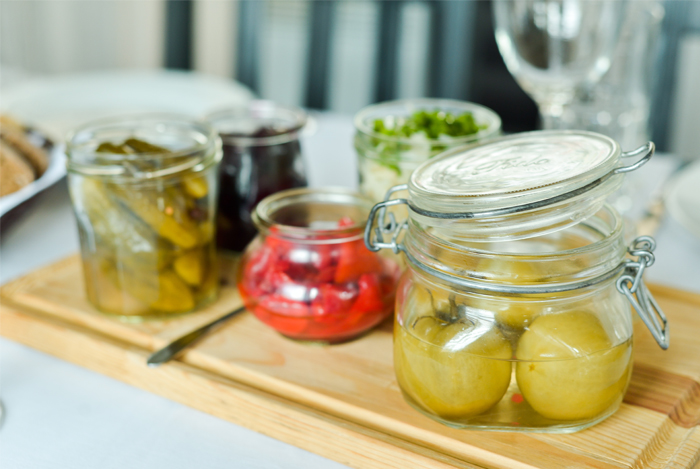
There’s nothing special about salt water that once contained floating cucumbers, or pickles themselves for that matter.
I’m sorry, but those are the facts, folks. There’s no evidence for any exclusive advantage you can gain from drinking pickle juice or eating the fermented cucumber.
I try not to live my life based on anecdotal evidence, and neither should you. Always see what the science has to say first before committing to a new health trend.
But at the end of the day, it’s a matter of preference.
Yes, drinking beverages with high sodium content can be great for athletes.
Pickle juice may help with your cramps – and it may not.
If you like the way pickles taste, great! Eat them and drink their juice in safe amounts and you shouldn’t run into any serious health issues.
Just don’t expect any miracles.
What do you think about pickles and pickle juice?
The post Pickles and Pickle Juice: Healthy or Horrible? appeared first on Nutrition Secrets.
http://www.nutritionsecrets.com/pickles-and-pickle-juice-healthy-or-horrible/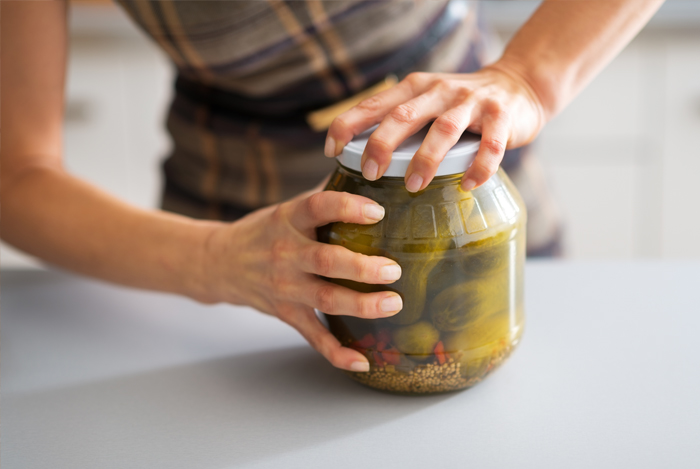
No comments:
Post a Comment